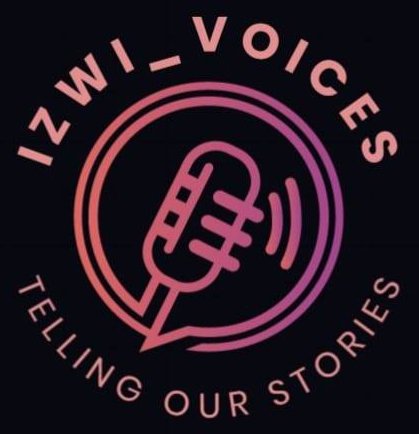We are counting down 4 days to go till #COP29 kicks off in Baku, Azerbaijan, from 11 to 22 November,
dubbed the “climate finance COP” for its central goal: to agree on how much money should go each year to helping developing countries cope with climate-related costs.
What is COP?
The Conference of the Parties (COP), is held annually, with the Presidency rotating between the five recognised UN regions.

This year 2024, Azerbaijan was selected as the Presidency of the 29th Conference of the Parties (COP29), to be hosted in Baku .
The Baku COP is also the last before the communication of updated Nationally Determined Contributions, which are to be communicated at least six months before COP 30, whilst addressing a number of key issues arising from the COP 28 outcomes.
Zimbabwe has already released it’s position paper for COP 29

Ahead of COP29 next week, ActionAid – a global anti-poverty organization that works to achieve social justice, gender equality, and poverty eradication has laid out its 5 ‘policy asks’ for COP to deliver climate action.
ActionAid’s key asks for COP29
Climate Finance: COP29 must agree a New Collective Quantified Goal on finance (NCQG) in which developed countries provide at least $1 trillion annually in grant-based public funding to developing countries, with specific sub-goals for loss and damage, adaptation, and mitigation. This climate finance must reach local communities, prioritize gender responsiveness and human rights, and involve marginalized groups in decision-making. It’s crucial to clearly define climate finance to exclude loans and private investment and to reflect developed countries’ historical responsibility and mora obligations.
Adaptation: COP29 must give adaptation the attention it has lacked for years and provide the financing developing countries need to adapt to the climate crisis. It is time governments agreed on the framework, finance and indicators for the Global Goal on Adaptation. COP29 must champion equitable finance that entails the allocation of public finance for adaptation and agroecology, prioritises women, local communities, workers, and ecosystems.
Carbon Markets & Article 6: COP29 must finalize strong, enforceable rules for carbon markets. Carbon offsets are a dangerous distraction, as they essentially provide a license to pollute and delay real action to cut emissions. They only benefit polluting countries and corporations, and often lead to land grabs, leaving climate-vulnerable countries to deal with the consequences. There must be rules to reduce the harm and greenwash from carbon markets.
Gender: To effectively address the diverse impacts of climate change on women, and to support and strengthen women’s leadership in climate action, gender considerations must be mainstreamed across all UNFCCC negotiation tracks. This includes establishing clear indicators and timeframes for tracking progress, utilizing gender-disaggregated data, and adopting an intersectional feminist perspective in climate policies. To ensure the successful implementation of these measures, it is essential to secure adequate resources for the next Gender Action Plan (GAP) and strengthen the capacity and financial support for National Gender and Climate Change Focal Points.
Agriculture: Agriculture is the sector most vulnerable to climate change, and the world’s largest employer, but industrial agriculture is also the second largest contributor to global GHG emissions. Agriculture issues are a topic for discussion across several negotiation tracks, including the Sharm-el-Sheikh joint work on agriculture, Global Goal on Adaptation, Just Transition Work Programme, and the Climate Technology Centre and Network (CTCN), in addition to various initiatives and announcements. Countries must divest from harmful industrialised agriculture and invest in agroecology, and Global South countries need finances to make the move to agroecology.

